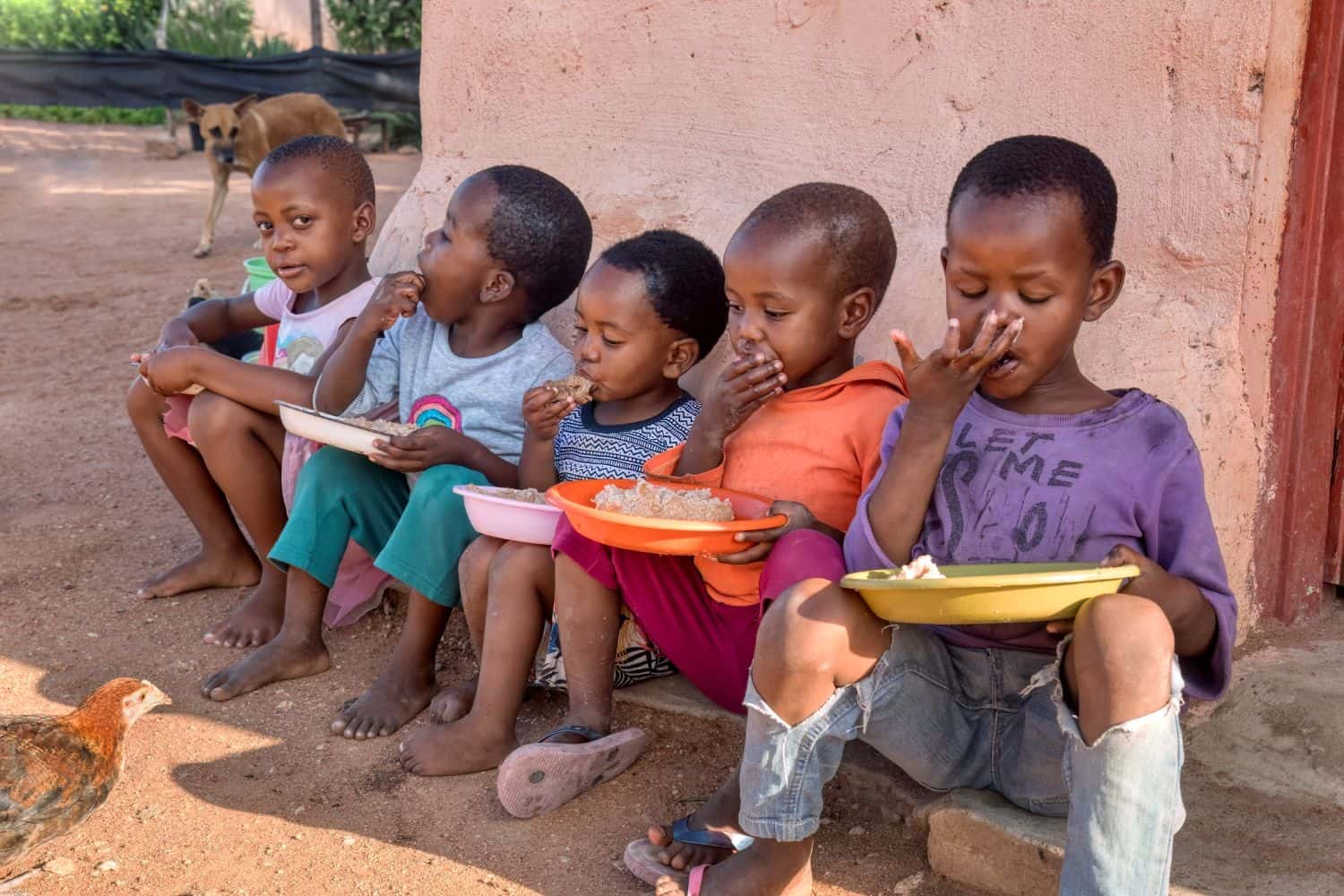A cut in the price of diesel should make our food, that is mainly transported by road, cheaper, but do not hold your breath. It won’t.

South African consumers are watching the oil price daily, as geopolitical issues in various parts of the world can affect how much we pay for fuel. Although a small decrease in the fuel price was announced for today, an expert does not think it will ease the pressure of food prices for consumers.
The Department of Petroleum and Mineral Resources announced that we will now pay 4 cents less per litre for both 93 and 95 Unleaded, while diesel with 0.05% sulphur will decrease by 56 cents per litre and 0.005% sulphur by 57 cents.
Neil Roets, CEO of Debt Rescue, says these decreases are largely driven by rising production from OPEC+ and non-OPEC producers, weaker global economic growth and fluctuating trade tariffs.
“While the petrol price cut offers limited relief to motorists, it is the diesel decrease that carries the greatest significance for South Africa, a country where nearly all goods and particularly food, is transported by road.”
The trucks use diesel, and therefore, the diesel price is very important for food prices. “Diesel reductions always bring hope that transport costs will filter down to food prices, but sadly, history has shown this rarely happens in practice. Consumers remain trapped by escalating food costs, even when input costs, such as diesel, decrease.”
ALSO READ: Modest decline in essential food prices but savings not always passed on
Inflation also shows food prices are a main contributor despite lower diesel price
Recent inflation figures released by Statistics SA show that annual consumer price inflation increased to 3.5% in July 2025, up from 3.0% in June.
The main contributors were food and non-alcoholic beverages (up 5.7%) and housing and utilities (up 4.3%). Roets says this confirms that food remains one of the strongest drivers of inflation, leaving South Africans struggling to keep up with the cost of living.
ALSO READ: SA women of all income levels forced to make difficult financial choices
He points out that child hunger affects millions of children in South Africa, with far-reaching consequences for their health, education and future prospects. Chronic hunger can lead to malnutrition, stunted growth and impaired cognitive development, making it challenging for children to learn and thrive.
Activist Mark Heywood of the Justice and Activism Hub (JAH) puts the figure at 11 000 per year, a crisis he believes can easily be rectified. He places the responsibility squarely at the feet of the country’s decision makers: leaders in government and business, attributing it to their failure to adequately tackle the crisis, with retailers raking in massive profits made on food, while millions of children go hungry.
He emphasises that the systematic monitoring of child health is absolutely essential at this point.
Hunger still major issue in Southern Africa, lower diesel price no help
The 2025 edition of The State of Food Security and Nutrition in the World portrays a distressing truth: while the world appears to be making cautious progress in reducing hunger, many countries in Africa, particularly in the Southern African region, are moving in the opposite direction, with hunger continuing to rise in both absolute and proportional terms.
Roets says agriculture plays an important role in the process of economic development and can contribute significantly to household food security. “South Africa’s rich agricultural heritage has long been an integral component of the nation’s economy and cultural fabric.
“The mandate of the Department of Agriculture, Land Reform and Rural Development (DALRRD) focuses on developing agricultural value chains, providing agricultural inputs and monitoring production and consumption in the agriculture sector, as well as facilitating comprehensive rural development.”
He says it is deeply disturbing that a country like ours, with its rich agricultural resources, is doing nothing about the deepening food crisis, while countries in other parts of the globe are making good progress in turning the situation around, and many are succeeding in eradicating the scourge of hunger.
“There is no question that this must be escalated as a matter of national urgency, or we are looking at a humanitarian crisis the likes of which we have never seen before,” Roets says.
ALSO READ: Small fuel price decrease no help for consumers in looming rough ride
Wages not enough for food and other monthly expenses
For many households, the reality is that wages are simply not enough to cover basic monthly expenses, Roets says. “Electricity and transport absorb a significant share of income, leaving very little for food. As a result, families are increasingly forced to swipe credit cards, tap store accounts, or take out personal loans just to put food on the table and fuel in their cars.
“Credit has become a survival tool rather than a means to improve your standard of living. We see growing numbers of consumers taking payday loans or revolving credit just to buy groceries. This creates a devastating cycle.
“They repay these debts with interest when their salaries come in, leaving them short again the very next month. It is a debt trap that keeps tightening and turns into a debt spiral.”
The latest Household Affordability Index from the Pietermaritzburg Economic Justice and Dignity Group (PMBEJD) highlights this ongoing pressure. In August 2025, the average household food basket cost R5 380.62, while the average general worker’s wage was just R4 836.72, already a shortfall, before factoring in rent, transport, electricity and everything else.
“Hope is fading for countless families. Despite temporary cuts in fuel, the broader reality is that household incomes cannot keep up with rising costs. The unavoidable reliance on credit is driving over-indebtedness to record levels. It is deeply concerning that authorities are ignoring the writing on the wall.”






